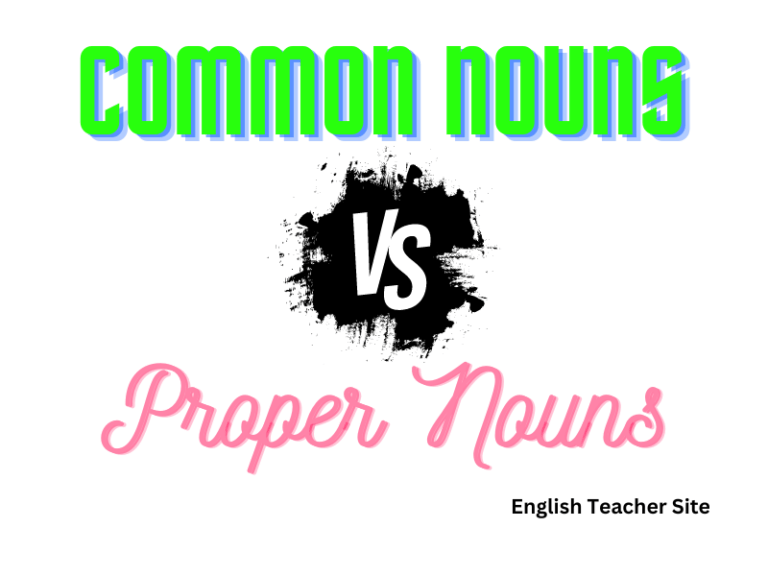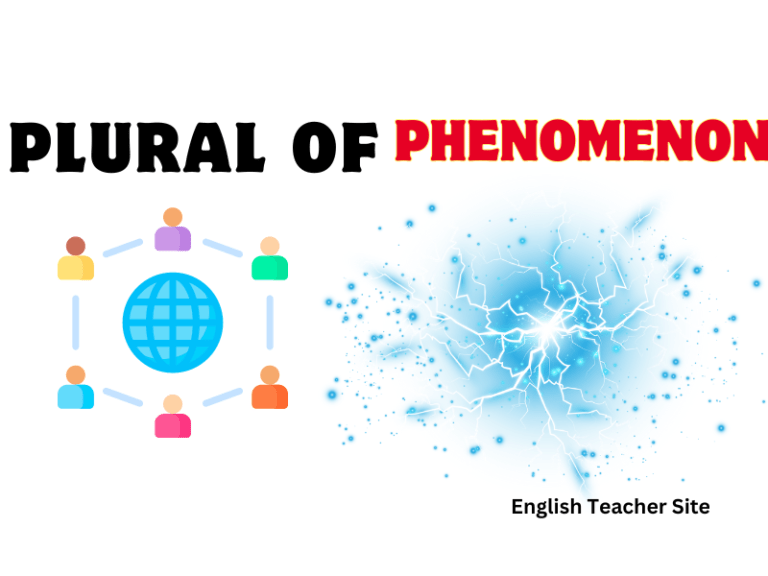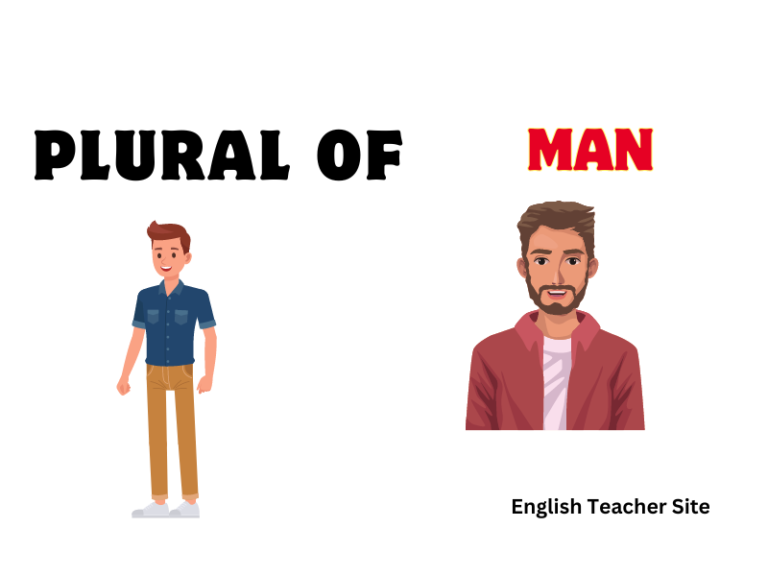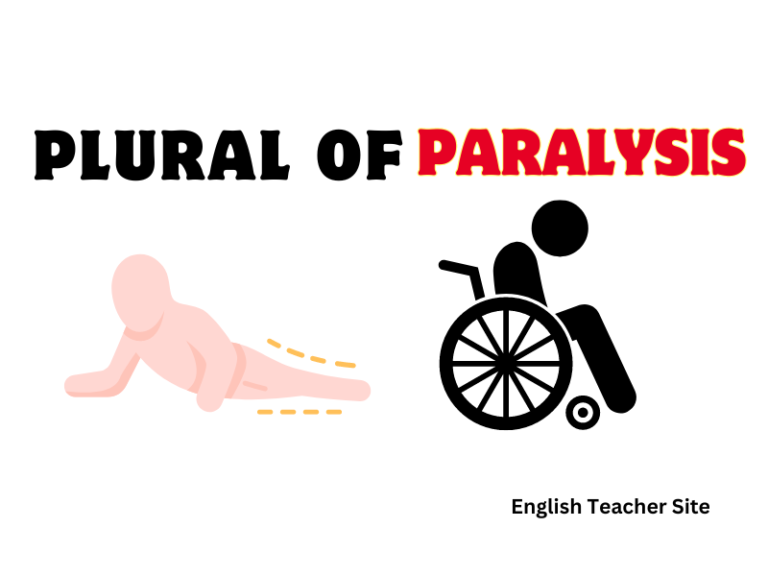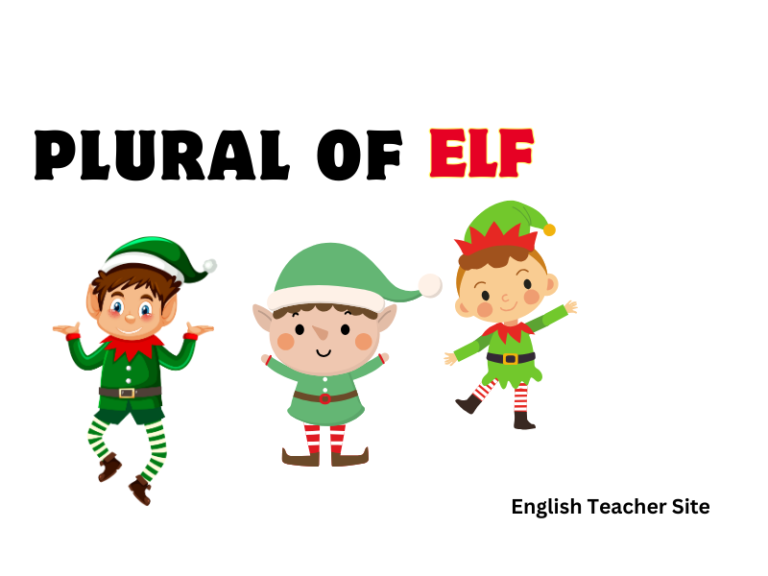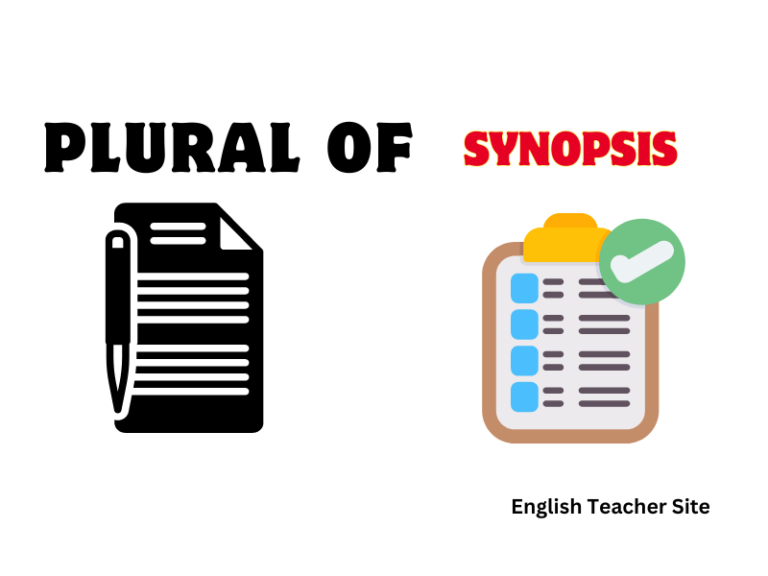What’s the Plural of Dwarf: Understanding Singular and Plural Forms
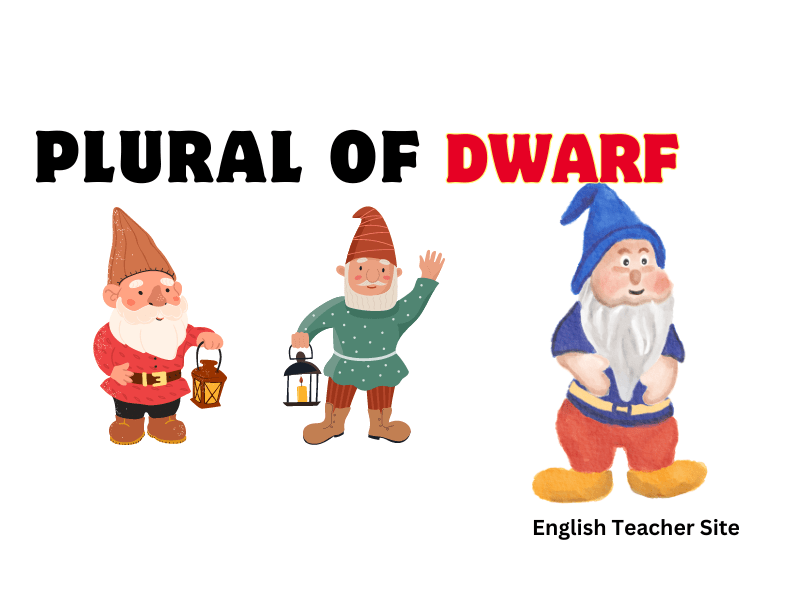
- “Dwarf” has two plural forms: “dwarfs” for real-life references and “dwarves” for fantasy contexts.
- The pluralization of “dwarf” reflects the nuanced use of English when distinguishing between reality and mythology.
- Understanding the correct usage of “dwarfs” and “dwarves” enhances clarity in communication, respecting both linguistic accuracy and cultural sensitivity.
The standard plural form in the English language is “dwarfs.” However, “dwarves” is also recognized, primarily influenced by modern fantasy literature. The latter was popularized by the writings of J.R.R. Tolkien, the famous author of “The Hobbit” and “The Lord of the Rings.” When discussing real-life individuals with the condition known as dwarfism, “dwarfs” is the typically preferred term. In contrast, “dwarves” is reserved mainly for referring to the fantastical beings found in literature and folklore.
What’s the Plural of Dwarf?
The word has two acceptable plural versions which are contextually driven. For conventional use, dwarfs is the traditional plural form. However, in the realm of fantasy literature, dwarves is often preferred.
Let’s examine the two plural forms and their appropriate contexts in detail:
Traditional Usage:
- Dwarfs: Applied in general contexts and when referring to real-world subjects, such as individuals with dwarfism or plants and animals of smaller stature.
Fantasy Literature:
- Dwarves: This version was popularized by the writings of J.R.R. Tolkien, who used this form to describe a fantastical race in his works, making it the accepted norm within fantasy genres.
| Context | Plural Form |
|---|---|
| General Use | Dwarfs |
| Mythology & Fantasy | Dwarves |
In discussions or writings about mythological beings or when specifically referencing Tolkien’s characters, dwarves is widely accepted.
Key Points:
- Dwarfs – Standard pluralization for most uses.
- Dwarves – Common in fantasy literature and mythology.
- Influence of genre and context on plural form selection.
The following table provides a clear guideline on which plural form to use in different scenarios:
| Scenario | Preferred Plural |
|---|---|
| Scientific Texts or Formal Descriptions | Dwarfs |
| Literature, especially referencing Tolkien’s works | Dwarves |
| General Public Writings, Newspaper Articles, and Speech | Dwarfs |
| Conversations and Discussions About Fantasy Fiction | Dwarves |
What’s the Definition of a Dwarf?
Biologically, a dwarf is a person with a medical condition that results in a considerably shorter stature when compared to the average for their age and gender. This condition is generally recognized when an adult’s height is less than 4 feet 10 inches.
In mythology and fantasy literature, a dwarf is often depicted as a being resembling a small human that typically dwells underground and is sometimes endowed with magical powers.
Is Dwarf Considered Rude?
The terminology used to describe individuals with disproportionate short stature can be sensitive and context-dependent. In medical and professional contexts, the term “dwarf” is considered an acceptable descriptor referring to someone with the condition of dwarfism, where “dwarfism” is a recognized medical diagnosis. However, outside of these contexts, the term can be seen as derogatory or offensive by some.
Respectful Language:
| Acceptable Term | Context |
|---|---|
| Person with dwarfism | Medical, professional, respectful speech |
| Short stature | More general, less specific term |
Potentially Insensitive Terms:
| Term | Why It May Be Inappropriate |
|---|---|
| Dwarf | Can have a dehumanizing connotation |
| Little person | Preferred by some within the community |
- Public discourse has shifted towards person-first language, emphasizing the individual before the condition.
- Some people with the condition prefer “little person” or “person of short stature”.
Nouns That End in -f/-fe and –ves
- Common Patterns:
- If a noun ends in -fe, the f often changes to v, then -es is added.
- If a noun ends in -f, the f often changes to v, before adding -es.
Examples where -f/-fe changes to -ves:
| Singular | Plural |
|---|---|
| half | halves |
| wife | wives |
| life | lives |
| knife | knives |
Exceptions:
| Singular | Plural |
|---|---|
| roof | roofs |
| belief | beliefs |
| chef | chefs |
| cliff | cliffs |
- Usage Tips:
- Bold when a noun usually forming plurals with -ves.
- Remember that there are exceptions and unique cases.
- Consult a dictionary if uncertain about a noun’s plural form.
- Recognize that usage may evolve over time, and some plural forms gain acceptance.
Examples of Dwarf Used in Context
In Mythology and Fantasy:
| Singular | Plural |
|---|---|
| The dwarf lives in a tiny cottage hidden in the forest. | The dwarves are known for their exceptional craftsmanship. |
In Botany:
- A dwarf cherry tree fits perfectly in small gardens.
- Gardeners often prefer dwarfs because they take up less space.
In Zoology:
- The biologist studied a dwarf species of kangaroo.
- Dwarf mammals are often found on islands, a phenomenon known as island dwarfism.
In Descriptive Usage:
- The dwarf planet Pluto orbits the sun at a great distance.
- Engineers are developing dwarf satellite models for cost-effective space exploration.
Examples of the Word Dwarfs in Sentences
The table below demonstrates how to use ‘dwarfs’ in various sentences:
| Sentence Example | Context |
|---|---|
| The seven dwarfs were characters in a popular fairy tale. | Literature |
| The garden had numerous dwarfs shaped from different colored clays. | Art/Decoration |
| In astronomy, red dwarfs are the most common type of star found in the Milky Way. | Science |
With attention to context, observe the application of ‘dwarfs’ in these bullet-pointed sentences:
- The biologist explained how dwarfs among animals might have advantages in certain environments.
- Historically, the term ‘dwarfs’ referred to individuals with dwarfism, but usage of this term has become less common due to preferences for more sensitivity in language.
- The documentary showcased various flowering plants, some of which are naturally occurring dwarfs.
Synonyms for the Word Dwarf
Physical Stature
For living things that are noticeably smaller than typical for their kind, the following terms can serve as synonyms:
- Miniature: Significantly smaller than what is considered standard.
- Midget: Although potentially insensitive, historically used to describe a very small person.
- Shrimp: Colloquial for a small person, often used informally.
Fantasy and Mythology
In the realm of storytelling, especially fantasy, “dwarf” can imply a creature with distinct characteristics. Synonyms for this context include:
- Gnome: Denoting a tiny, mythical being, often portrayed as inhabiting gardens or woodlands.
- Hobbit: Popularized by J.R.R. Tolkien, this refers to a member of a peace-loving, diminutive race featured in his works.
- Leprechaun: A type of fairy in Irish folklore, often associated with shoemaking and hidden pots of gold.
| Synonyms for Small Stature | Synonyms in Mythology |
|---|---|
| miniature | gnome |
| midget | hobbit |
| shrimp | leprechaun |
Use of these synonyms depends on the context, both in literature and in everyday speech, and should be chosen with sensitivity to the connotations they may carry.
Synonyms for Dwarf/Dwarves as a Mythical/Fantasy Creature
Synonyms in Literature and Folklore
These mythical creatures go by various names across different cultures and works of fiction:
| Folklore Origin | Synonym |
|---|---|
| Germanic | Svartálfar |
| Norse | Dvergr |
| Celtic | Gnome |
Synonyms in Modern Fantasy
Modern fantasy often borrows from these ancient tales and sometimes adds new dimensions to these beings:
- Mites – Often depicted as even smaller than dwarves
- Bantam – Suggests a small but strong and spirited character
- Homunculus – Implies a tiny human-formed creature, stemming from alchemical terminology
Key Differences in Usage
It’s important to note the context in which these synonyms are used, as they may carry varying connotations and characteristics.
| Term | Typical Usage |
|---|---|
| Nubbin | A term used often for something small and undeveloped |
| Mannikin | Can refer to a diminutive person or a mannequin, but often used in fantasy to refer to small humanoids |
| Pigmy/Pygmy | Generally used for small humans; in fantasy, may apply to any small humanoid creature |
Origin of the Word Dwarf
The term dwarf has a storied history in the English language, tracing back to ancient mythological roots. Old English literature introduces the word as dweorg, referencing beings of short stature, often associated with wisdom and supernatural ability.
The etymological path of dwarf reveals a linguistic evolution:
- Old English: dweorg
- Middle English: Variants included dwerþ and dwerke
The plural form of the word has undergone significant changes as well. Initially, dweorgas transitioned to dwarrows in Middle English, before eventually becoming the modern dwarfs.
| Old English | Middle English | Modern English |
|---|---|---|
| dweorgas | dwarrows | dwarfs |
| Standard Usage | Fantasy Genre |
|---|---|
| dwarfs | dwarves |
The dwarf concept appears in numerous cultures’ folklore, often depicting a creature that is skilled in craftsmanship and mining. Over time, the term has also been used to describe people of smaller stature, with dwarf branching into both fantastical and clinical contexts.
Sources
- Definition of dwarfism.
- Origin of the word dwarf.
- Dwarves, sentence examples, The Hobbit, JRR Tolkien.
- Wikipedia, sibilants.
- Synonyms for dwarf/dwarves.
My name is Khamis Maiouf. I am the creator of the English Teacher Site, dedicated to providing valuable resources and insights for students around the world. With a passion for education and a commitment to helping students enhance their skills, I aim to make English teaching more effective and enjoyable for both educators and students.

